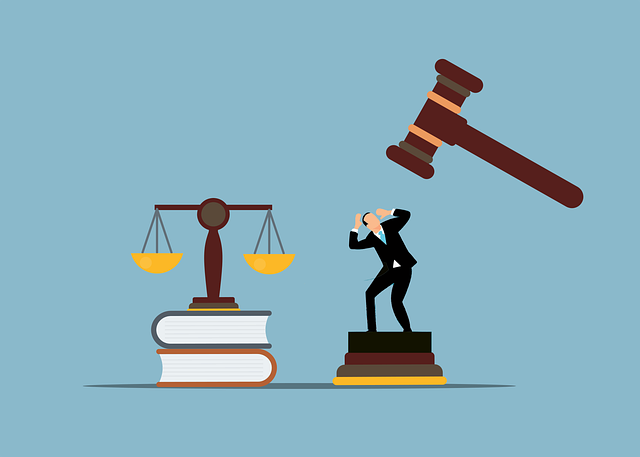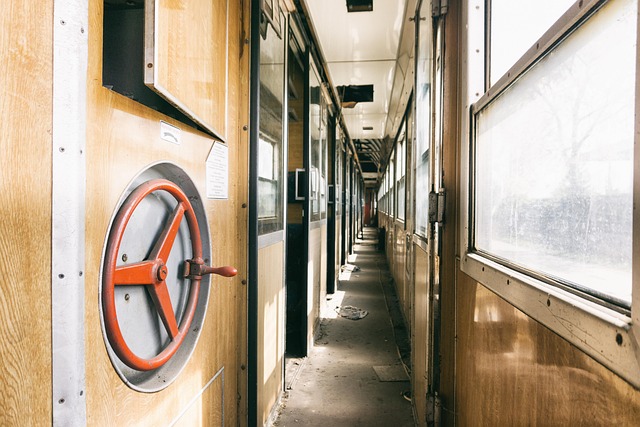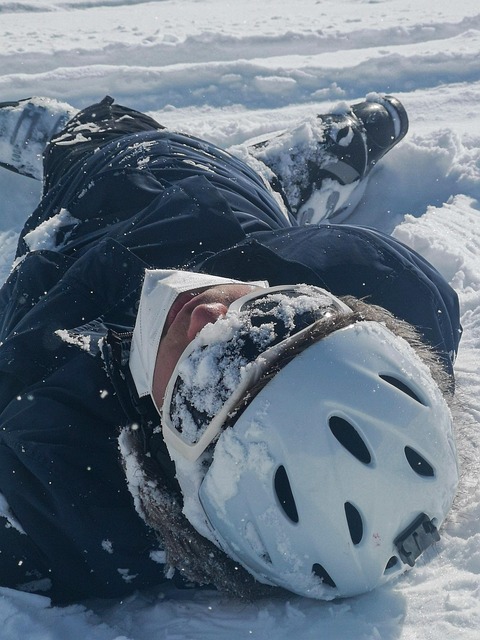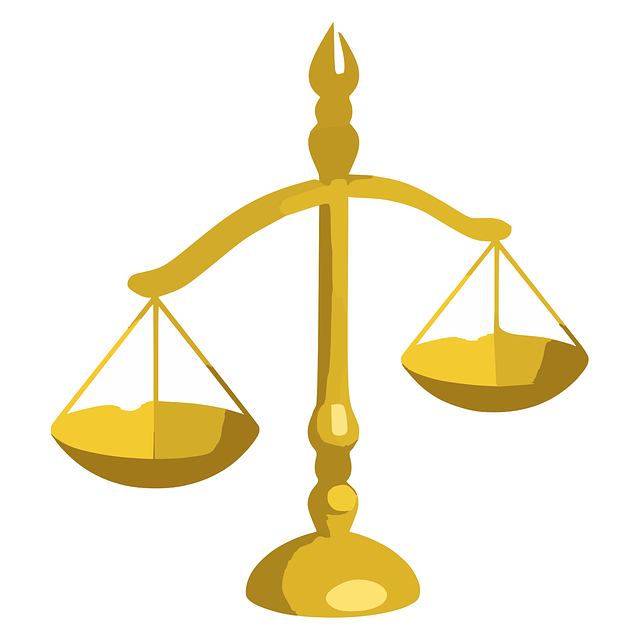Hotel slip and fall cases are governed by a complex interplay of local laws, varying between domestic and international locations, making navigation challenging. Establishing liability requires a detailed investigation into circumstances, identifying at-fault parties, evaluating premises' maintenance, and understanding safety measures. These incidents often occur in expected safe environments, impacting hotel liability, insurance coverage, and compensation for victims. Effective navigation of these complexities demands consultation with legal experts specializing in hotel slip and fall laws, especially when dealing with international partnerships or medical negligence across borders.
“Exploring the Legal Landscape of Hotel Slip and Fall Incidents: A Global Perspective
Hotel stays should be enjoyable, but falls can lead to significant legal complexities. This article delves into the distinct legal differences between domestic and international hotel slip and fall cases. We demystify these challenges by examining definitions, jurisdiction, and case studies from around the globe. Understanding the unique aspects of each legal framework is crucial for both guests and hoteliers to navigate potential liabilities effectively.”
- Understanding Hotel Slip and Fall Laws
- – Definition of a hotel slip and fall incident
- – Unique challenges in legal proceedings
Understanding Hotel Slip and Fall Laws

Hotel slip and fall cases involve a complex interplay of local laws and regulations, making it crucial for guests to understand their rights. The legal landscape surrounding hotel falls can vary significantly between domestic and international locations. In both scenarios, establishing liability requires a thorough investigation into the circumstances leading up to the incident. Key factors include identifying the at-fault party, evaluating the premises’ maintenance and safety measures, and understanding the applicable statute of limitations.
Unlike commercial disputes or truck accident cases, hotel slip and fall injuries often stem from situations where guests expect a safe environment. The legal implications can be far-reaching, impacting not just the hotel’s liability but also insurance coverage and potential compensation for victims. Therefore, it’s vital to consult with legal experts specializing in these areas to navigate the complexities of cross-border or domestic hotel slip and fall laws effectively.
– Definition of a hotel slip and fall incident

A hotel slip and fall incident refers to any mishap or injury sustained by a guest within a hotel’s premises due to an unsafe condition. This could involve slipping on a freshly mopped floor, tripping over uneven flooring, or falling down stairs due to poor lighting. Such incidents range from minor scrapes to severe fractures and head injuries, underscoring the importance of understanding legal implications.
In the context of domestic versus international hotels, legal differences emerge regarding liability, compensation, and the role of local laws and regulations. While a hotel slip and fall in one country might be handled differently than in another, the overarching principle remains consistent: establishing negligence on the part of the hotel management or staff to determine liability for the guest’s injuries. In light of these variations, travelers should be aware of their rights and the potential complexities involved, especially when dealing with international partnerships disputes or seeking justice for medical negligence beyond borders.
– Unique challenges in legal proceedings

Navigating legal proceedings for a hotel slip and fall can present unique challenges, especially when comparing domestic and international cases. One significant difference lies in jurisdiction and applicable laws. In domestic settings, hotel guests often rely on state-specific personal injury laws, which can vary widely in terms of liability standards and damage caps. This variability requires careful consideration during the litigation process. For instance, some states have strict liability rules for premises owners, while others adhere to a reasonable care standard.
International hotel fall cases introduce an additional layer of complexity due to differing legal systems and treaties. When a tourist slips and falls in a foreign country, they must contend with local laws and regulations, potentially involving intricate issues of jurisdiction and compensation. Moreover, cross-border personal injury claims, such as those involving caregiver abuse while on vacation, can be further complicated by language barriers, cultural differences, and varying standards of care. An auto accident attorney specializing in international law may be crucial for navigating these complex scenarios, ensuring that the rights of injured parties are protected under both local and international legal frameworks.
In navigating the complexities of hotel slip and fall incidents, understanding the distinct legal frameworks between domestic and international cases is paramount. Each jurisdiction presents unique challenges, from varying standards of care to dissimilar liability rules. For individuals involved in such incidents abroad, recognizing these differences is crucial for pursuing justice and ensuring a fair outcome. By recognizing the legal nuances, travelers can better protect their rights and make informed decisions when seeking compensation for hotel slip and fall accidents.






